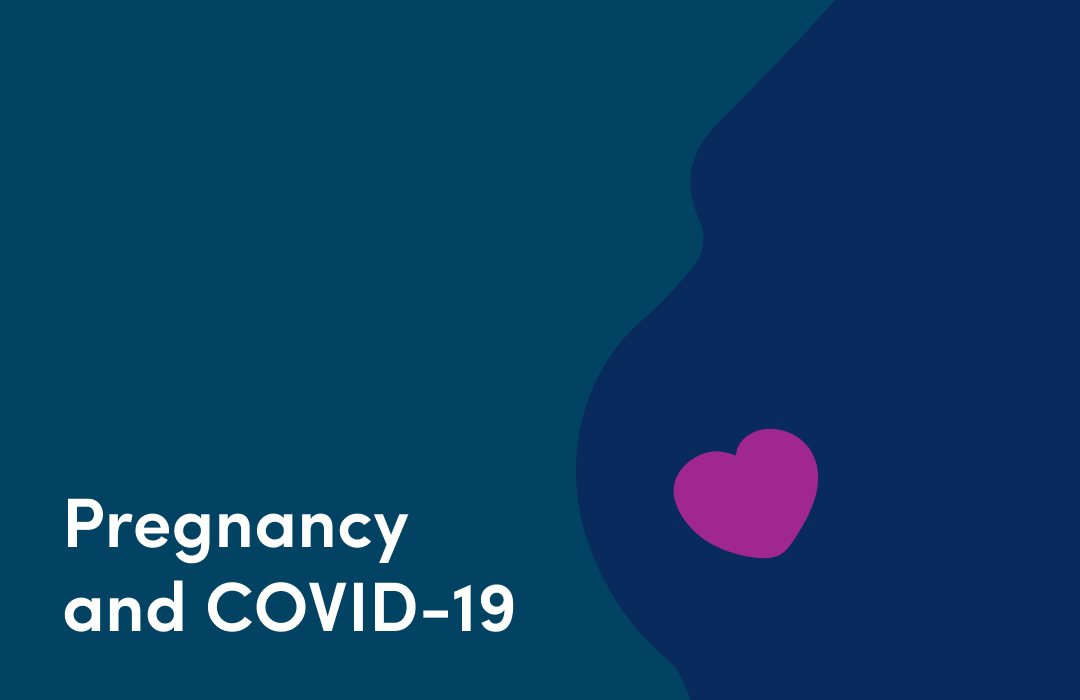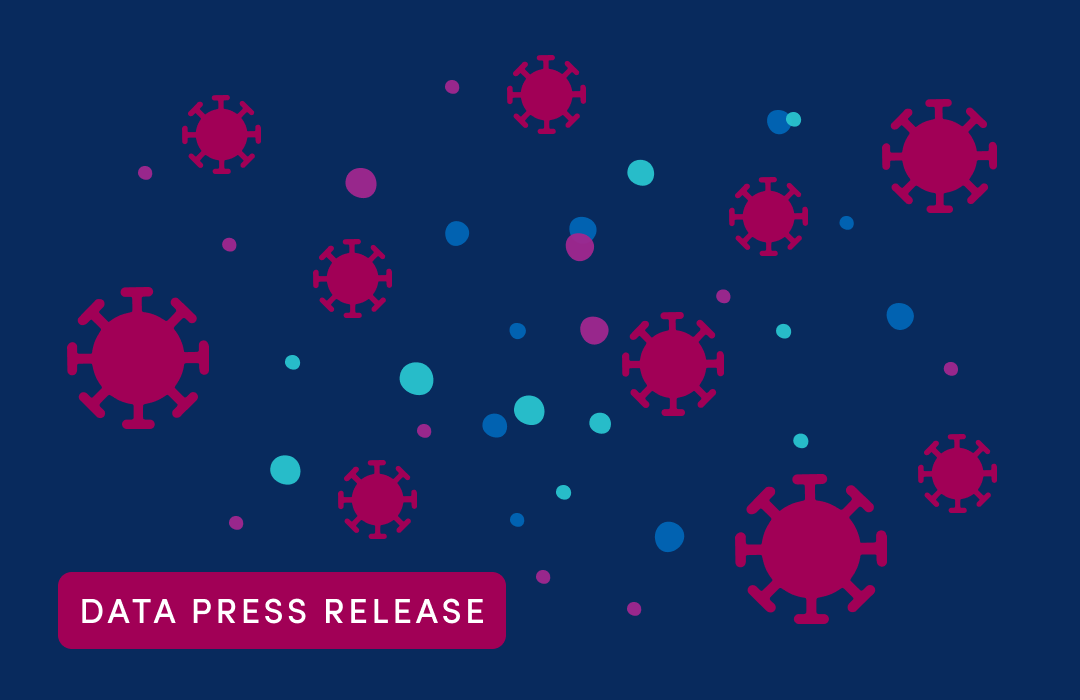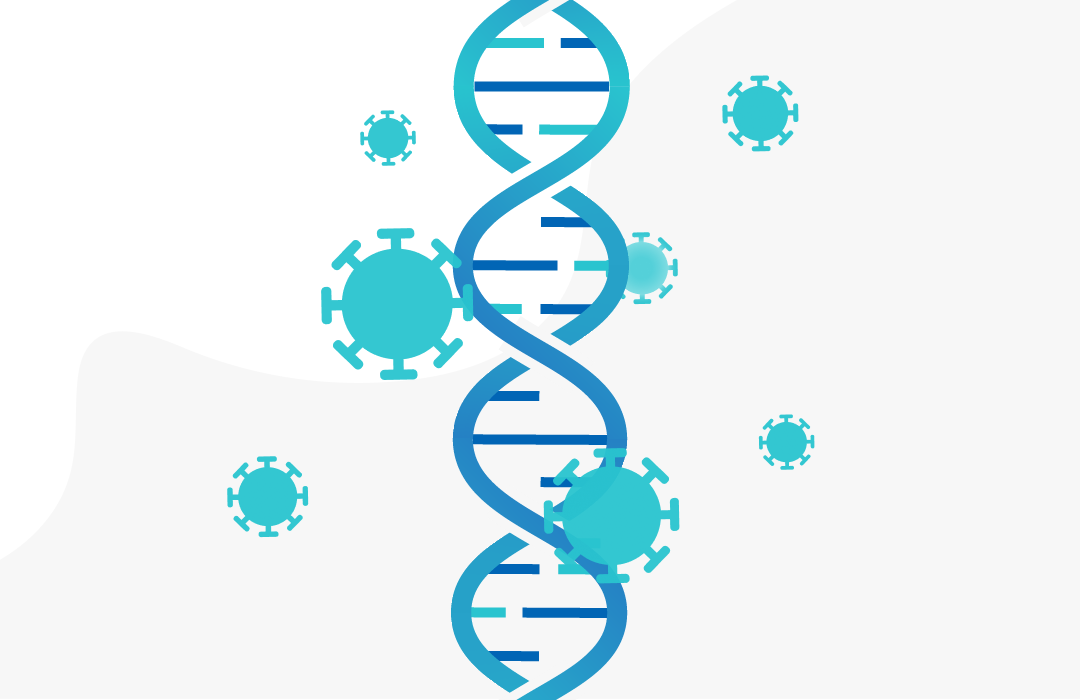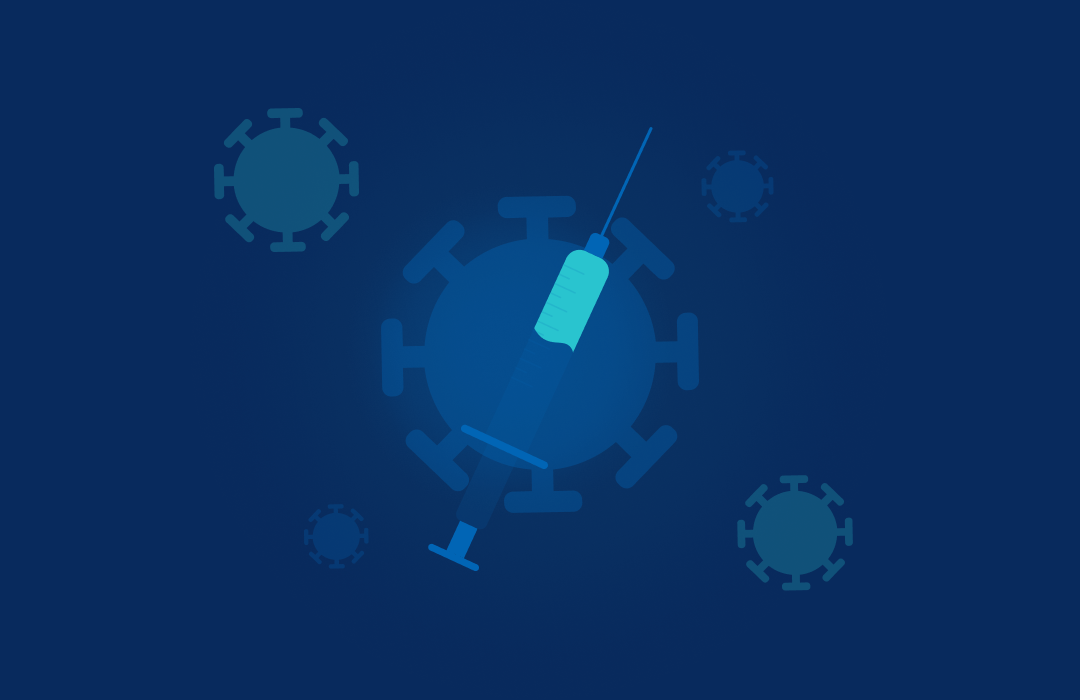
Pregnancy and COVID-19: more data will help to guide better maternity care
June 3, 2020

This article has not been updated recently
We need more data to guide appropriate maternity care during the pandemic
Pregnancy is a strange journey at the best of times, and it’s even more challenging right now thanks to the coronavirus pandemic.
As well as growing a tiny new human, pregnant women are dealing with considerable changes to maternity and postnatal care. What's more, much of the advice is confusing and conflicting, creating anxiety rather than confidence.
We take a look at what we know so far about coronavirus during pregnancy and after birth for new parents and newborns, why we need more data to guide appropriate maternity care, and how we’re using our COVID Symptom Study app to help.
Here’s what’s at stake:
- Pregnant women are receiving conflicting advice, leaving them feeling confused and anxious.
- Coronavirus is affecting the care of pregnant women, newborn babies, and new parents.
- Changes to maternity care and the reduced level of support for new parents could have long term effects on the health of mothers and babies.
- We need more data to understand the risks to pregnant women from coronavirus and provide them with the best possible care and advice.
- Without improved strategic planning for delivering maternity care during the pandemic, there could be severe consequences for mothers and babies.
What are the guidelines for pregnancy and coronavirus?
Like everyone else, pregnant women are at risk of catching coronavirus. Current NHS advice states that pregnant women should follow the same guidelines as others who are considered 'vulnerable,' including social distancing and regular hand washing.
The Royal College of Obstetricians and Gynaecologists (RCOG) recommends that from 28 weeks pregnant, women should be particularly stringent about social distancing and minimise their contact with others.
Importantly, women should continue to attend antenatal appointments and seek help or advice from their maternity team when they need it, even during the pandemic, to help ensure the health and wellbeing of mother and child.
Reassuringly, there isn’t any evidence that pregnant women are more likely to get COVID-19 than anyone else and most have only mild or moderate symptoms, according to Dr Kenga Sivarajah from King’s College Hospital, speaking to BBC Radio 4 Women’s Hour as part of their recent maternity special.
“What happens if I get COVID-19 while I’m pregnant?”
Pregnant women should be aware of the key symptoms of coronavirus infection, including fever, a new continuous cough, or a loss of smell or taste.
New mum Jen Offord thinks she caught the virus when she was seven months pregnant, experiencing symptoms including body aches and a temperature.
"I got a sore throat, and my sense of smell went, but I didn't have a cough or anything like that, and it only lasted for about seven days,” she says.
The NHS currently advises speaking to your maternity team and using the online coronavirus service if you suspect you have COVID-19. However, women have reported confusing and conflicting advice from their maternity teams.
“It was impossible to get anyone to talk to me, and then when they finally did, they were very blasé,” says Jen.
If you are pregnant and worried or confused about the care you should be receiving, we recommend contacting your maternity team and advocating for your needs. If you’re in the UK, the charity Birthrights can offer advice and support if you’re feeling unsure about your care.
Remember that you have a legal right to safe and appropriate maternity care.
“How will COVID-19 affect the birth of my baby?”
Although maternity teams will do everything they can to ensure a positive birth experience, the COVID-19 pandemic means that plans may have to change, according to Tommy’s, the baby health and research charity.
One thing is clear: a birth partner should always be allowed during active labour, although they may not be able to be present at other times in hospital or for appointments in order to protect other pregnant women and their babies.
However, if this chosen partner has symptoms of COVID-19 when the big day arrives, they will be asked not to attend the birth. So it’s a good idea to find someone who’s prepared to be a backup just in case.
Experts do not believe that coronavirus can be passed from mother to baby in the womb, and the chances of infection during birth or in the first few days of life are very low.
Hospitals are doing their best to reduce the risk of COVID-19 transmission, to protect patients and staff. As a result, new mothers won’t be able to have visitors in hospital, and are likely to be sent home quickly after birth.
Advice for new parents: looking after a newborn during a pandemic
Once you’ve welcomed your new baby into the world, you can help to keep both of you healthy by staying at home, washing your hands frequently and restricting visitors.
Although it may be frustrating and upsetting not to be able to have friends and family over to welcome the new arrival, you can stay in touch with video or phone calls until you can meet for a cuddle in person.
It can be challenging grappling with the needs of a newborn, especially if you already have other children to look after, but this time at home is also an opportunity to bond as a family.
If it is something that you wish to do, breastfeeding is still recommended. This applies to you even if you have coronavirus symptoms, because your milk may provide protective antibodies against the infection. However, you should take additional precautions to protect your newborn while they are feeding.
Worryingly, some postnatal appointments are now being conducted by phone, reducing the support for new parents. Experts have also voiced concerns about the effects of reduced care on the mental health of new parents, and the physical health of babies and their mothers.
We advise making sure you are familiar with the symptoms of postnatal depression, postpartum complications, and warning signs of newborn health problems. If you are struggling or concerned about yourself or your baby, please do seek help from your GP or maternity team.
Health visitors are an invaluable resource provided by the NHS for new parents. A health visitor is a qualified nurse or midwife who has had extra training in postnatal support, child development and maternal mental health. Talk to your health visitor if you feel anxious, depressed or worried, as they can give you advice and suggest where to find additional help if you need it. They're there to help you, your family and your new baby stay healthy.
The charity Home Start also has useful advice for new parents and families during the pandemic, and a list of useful contacts covering everything from mental health, food banks and legal advice to support for victims of domestic abuse.
To provide consistent advice to pregnant women, we need more data
Unfortunately, much of the advice about coronavirus for pregnant women and new parents is confusing and conflicting.
Research has highlighted a lack of strategic planning regarding maternity care during the pandemic, and a lack of data to guide decisions.
Right now, we still don't know enough about the virus and its effects to understand the risks to pregnant women and newborns.
Our COVID Symptom Study app is now asking questions about pregnancy, so we can gather data on how COVID-19 is affecting pregnant women and help make the best decisions about maternity care during the pandemic.
Find out more:
- Pregnancy and coronavirus – NHS
- Coronavirus infection and pregnancy - The Royal College of Obstetricians and Gynecologists
- Coronavirus: Pregnant women ‘should keep antenatal appointments’ – BBC News
- Pregnant in a time of coronavirus – the changing risks and what you need to know – The Conversation
- Having a baby in lockdown – Woman’s Hour
- Your rights – Birth Rights
- Coronavirus – how will it affect my rights to maternity care? – Birth Rights
- Provision of obstetrics and gynaecology services during the COVID‐19 pandemic: a survey of junior doctors in the UK National Health Service – BJOG An International Journal of Obstetrics and Gynaecology
- New coronavirus leaves pregnant women with wrenching choices—but little data to guide them – Science












.png)


.jpg)














.png)







%202.png)
.png)


















.png)






